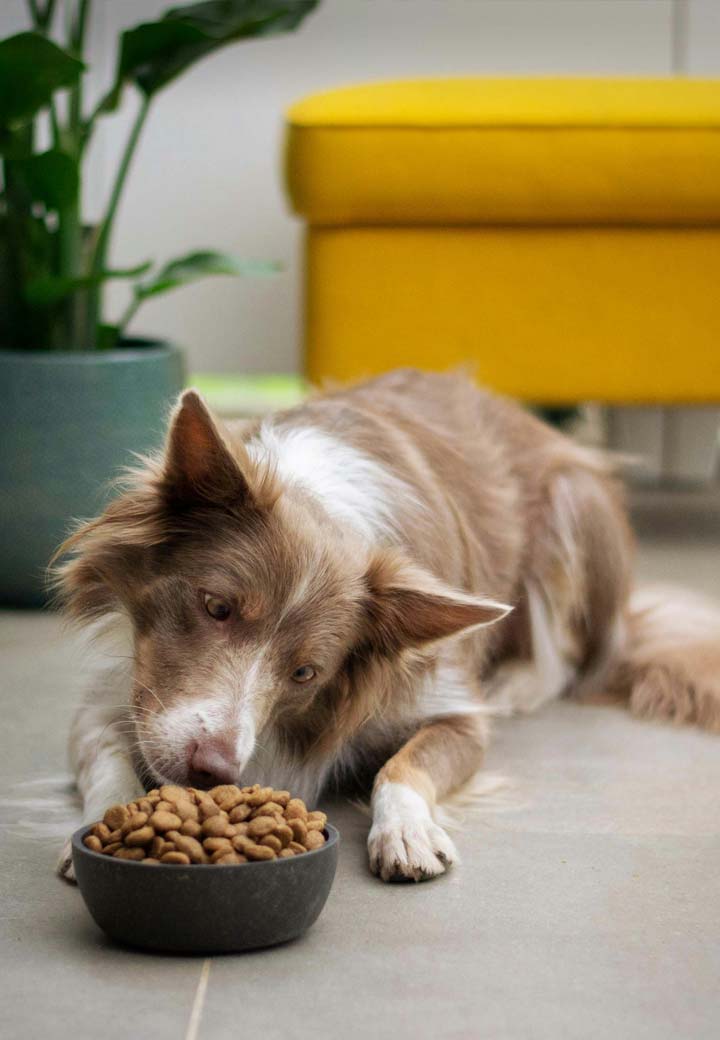Are You Overfeeding Your Pet?
As pet parents, we love to spoil our furry companions with treats and extra servings of food. But could those loving gestures be putting your pet’s health at risk?
Are You Overfeeding Your Pet? How to Maintain a Healthy Weight
As pet parents, we love to spoil our furry companions with treats and extra servings of food. But could those loving gestures be putting your pet’s health at risk? Overfeeding is one of the leading causes of obesity in pets, and it can lead to serious health issues like diabetes, joint problems, and heart disease. Let’s explore how to recognize if your pet is overweight and how to maintain their ideal weight for a long, happy life.
Signs You’re Overfeeding Your Pet
Not sure if you’re giving your pet too much food? Here are some common signs:
- Visible Weight Gain – If your pet’s ribs are hard to feel or their belly sags, they may be overweight.
- Lack of Energy – Overweight pets tend to be less active and tire easily.
- Difficulty Grooming – Cats and dogs struggling to reach certain areas of their body may have excess weight.
- Frequent Begging – Pets can manipulate us with those puppy-dog eyes, but constant begging doesn’t always mean hunger!
How to Maintain a Healthy Weight
Now that you know the signs, here’s how you can keep your pet at an optimal weight:
- Watch Portion Sizes - Feeding guidelines on pet food labels are a good starting point, but they don’t always consider your pet’s specific needs. Ask your vet for a personalized feeding plan based on your pet’s age, breed, and activity level.
- Keep Them Active - Regular exercise is key! Daily walks, interactive playtime, or puzzle feeders can help burn calories and keep your pet’s mind engaged.
- Choose Healthy Treats - Instead of high-calorie treats, opt for healthier options like carrots, green beans, or plain, cooked chicken in moderation. Treats should make up no more than 10% of your pet’s daily calories.
- Monitor Their Weight Regularly - Weigh your pet monthly and check their body condition. If they’re gaining weight, adjust their food intake and activity levels accordingly.
- Schedule Regular Vet Checkups - Your vet can help track your pet’s weight and recommend dietary changes if needed. They can also check for underlying health conditions that might contribute to weight gain.
A little extra food may seem harmless, but maintaining a healthy weight is crucial for your pet’s overall well-being. By being mindful of portion sizes, exercise, and nutrition, you can help your furry friend live a longer, healthier life.

When you entrust your pet's care to our team of dedicated veterinary professionals, you can have peace of mind knowing that they are in caring and capable hands.
We are honored to be a part of your pet's journey to a healthy and happy life, and we'll look forward to welcoming you to our Kindred Pet Care family.
Join us in the journey to create a world where animals are cherished and cared for with love and compassion.
We care.
Book an appointment


